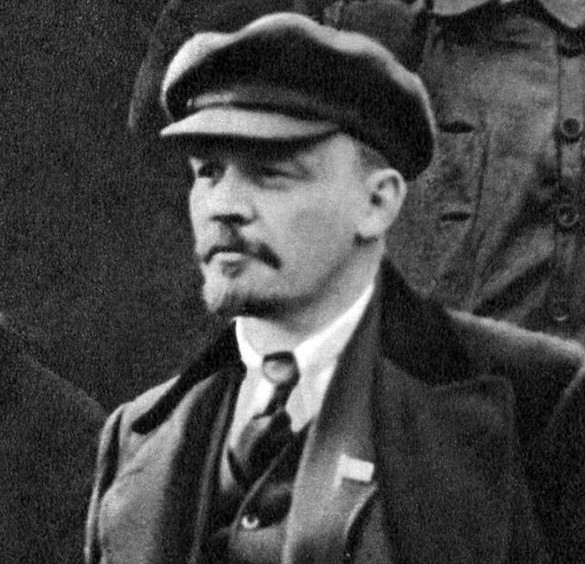A certainly infamous figure which is dreaded by most Marxists-Leninists, with good reason at least. However, one thing that the dialectical principle teaches us is that to overcome something, its useful, positive, or correct aspects must be preserved.
I became less and less against the historical figure of Trotsky, but I remain anti-Trotskyist, because there are a big difference between Trotsky and Trotskyism. What made me change my mind over time was realizing that I have actually never read anything by Trotsky, I still don’t know his biography, but it’s a fact that he was very relevant in the October Revolution.
After reading the first two chapters of The revolution betrayed, I noticed how Trotsky’s 1936 analysis on the relationship between the peasantry and the state industry under the NEP was correct up to the academic standards of E. H. Carr (1950–1978),[1] Charles Bettelheim (1978)[2] and R.W. Davies (1980)[3], using statistical data available at their time. I don’t know about Trotsky’s conclusion on the character of the Soviet state because I haven’t read his work in full.
Much like Stalin, Trotsky is a very contradictory figure, so it’s very hard to simplify them by picking a side and denying the usefulness of the other. It’s a dogmatic mentality that we should strive to avoid at all costs, because the truth is the whole, not the single perspective we pick. The intention of this post is a call for us to overcome these barriers that hamper our understanding of the past, and therefore, the present. I have noticed how many Marxists-Leninists are able to read works produced by bourgeois academics, yet preserve a hatred for certain figures (such as Trotsky, Bukharin, Khrushchev, etc.) so big that they cannot understand the historical place of them.
14 volumes of A history of Soviet Russia, published between the years of 1950 and 1978. ↩︎
Charles Bettelheim (1978). Class struggles in the USSR, second period: 1923–1930. New York: Monthly Review Press. ↩︎
R. W. Davies (1980). The socialist offensive: the collectivisation of Soviet agriculture, 1929–1930. The industrialisation of Soviet Russia, vol.1. Palgrave Macmillan ↩︎


I’ve found some of his work useful in understanding fascism: https://www.marxists.org/archive/trotsky/works/1944/1944-fas.htm
I also think the first few chapters of revolution betrayed are good for understanding the Leninist view of imperialism and revolution but it starts to get incoherent very quickly after that.
True. I also found a brief excerpt showing Trotsky’s hilarious glaring vanity:
It’s not accidental that he does not mention the name of that speaker, because that was actually him who spoke lmao